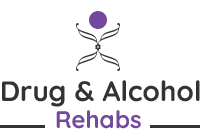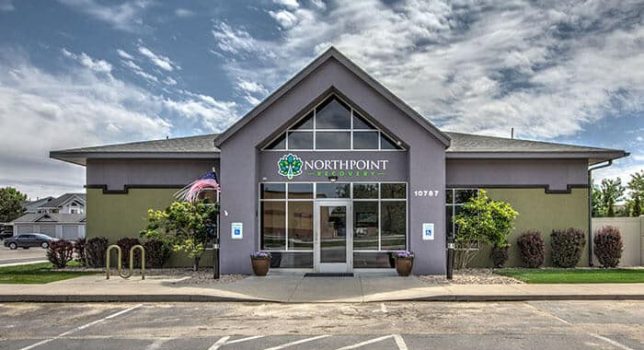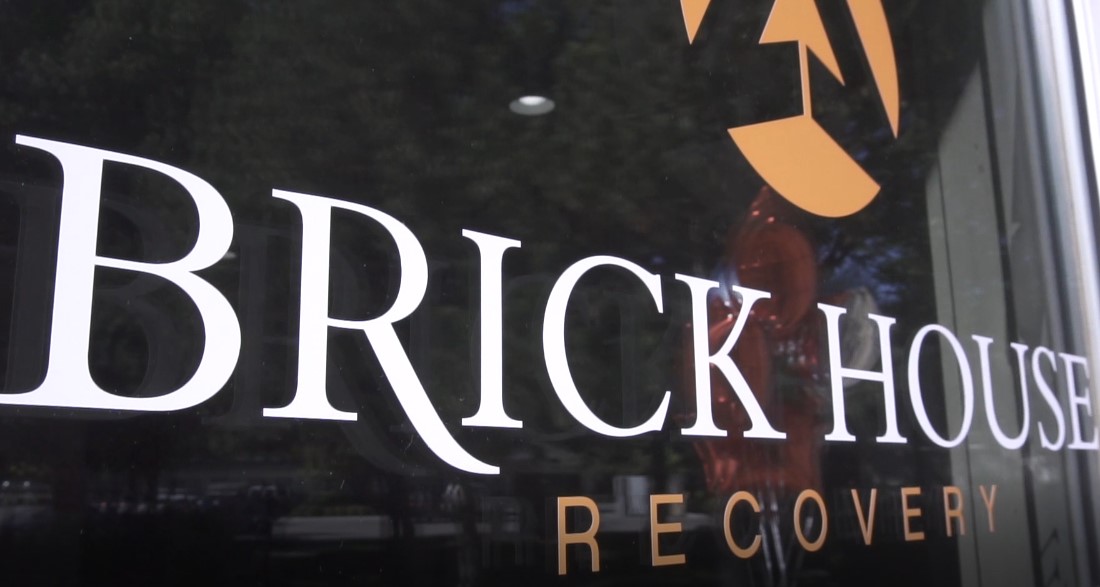Why Choose Northpoint Recovery in Boise, ID
Treatment plans at Northpoint Recovery in Boise, ID are personalized to care for the recovering individual. This is because hardly any two individuals share an identical dependence style, a substance of choice, and addiction intensity. Besides, Northpoint Recovery Boise offers many services to clients such as medical detox, cognitive-behavioral therapy (CBT), and process group meetings.
Inpatient treatment at Northpoint Recovery in Boise, Idaho spans 28 days for detox and other rehabilitation programs. The safe and serene environment provided by the center ensures comfort during the recovery journey. Overall, the Northpoint Recovery Idaho plan can be broken into phases, the first of which is detox. The purpose of medical detox is to cleanse the body of toxins from the substance abused. Specific prescribed medications are administered to manage the withdrawal symptoms synchronous with detoxification. Medical detox at the center takes about seven days.
Subsequently, other programs that aim to help the client heal psychologically are deployed. CBT helps to retrain the recovering individual to cope with substance cravings. Counseling helps clients to maintain sobriety by making clean and improved life choices from rehabilitation onwards. Process groups similar to AA and NA help to cultivate accountability and build sobriety support networks with fellow recovering individuals. During this treatment phase, the client also learns relapse prevention skills and recovery tools to help if relapse does occur. This phase lasts around 21 days.
More About Northpoint Recovery in Boise, Idaho
The final phase of treatment at Northpoint Recovery is the aftercare program. It involves transitioning to a less restrictive program like the outpatient program. The period for this phase is variable since it depends on the individual. Clients at this phase usually learn to balance family and work responsibilities with recovery while out of Northpoint Recovery Idaho. However, they attend programming regularly and with continued practice of skills learned during rehab, may strive to acquire lifelong sobriety.


